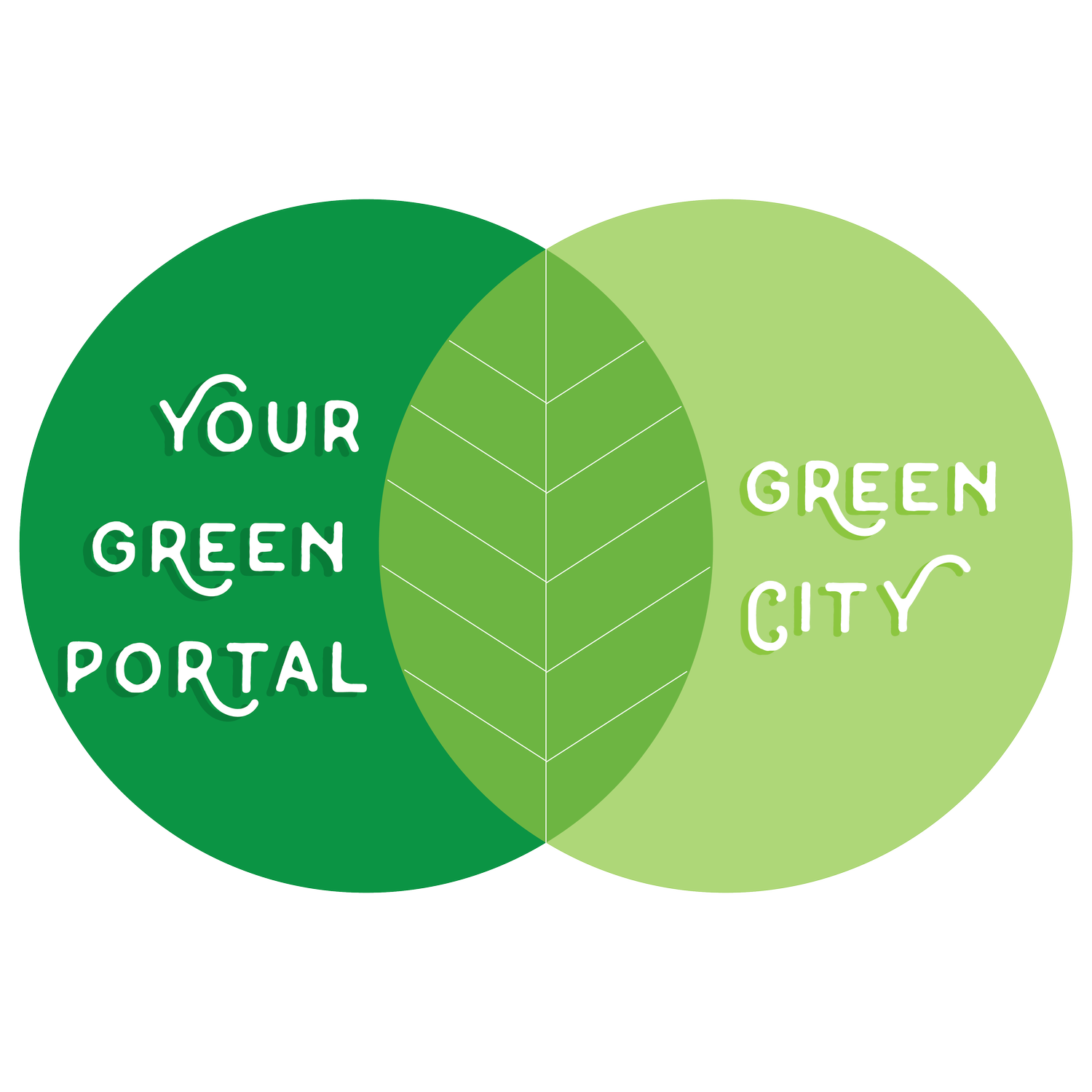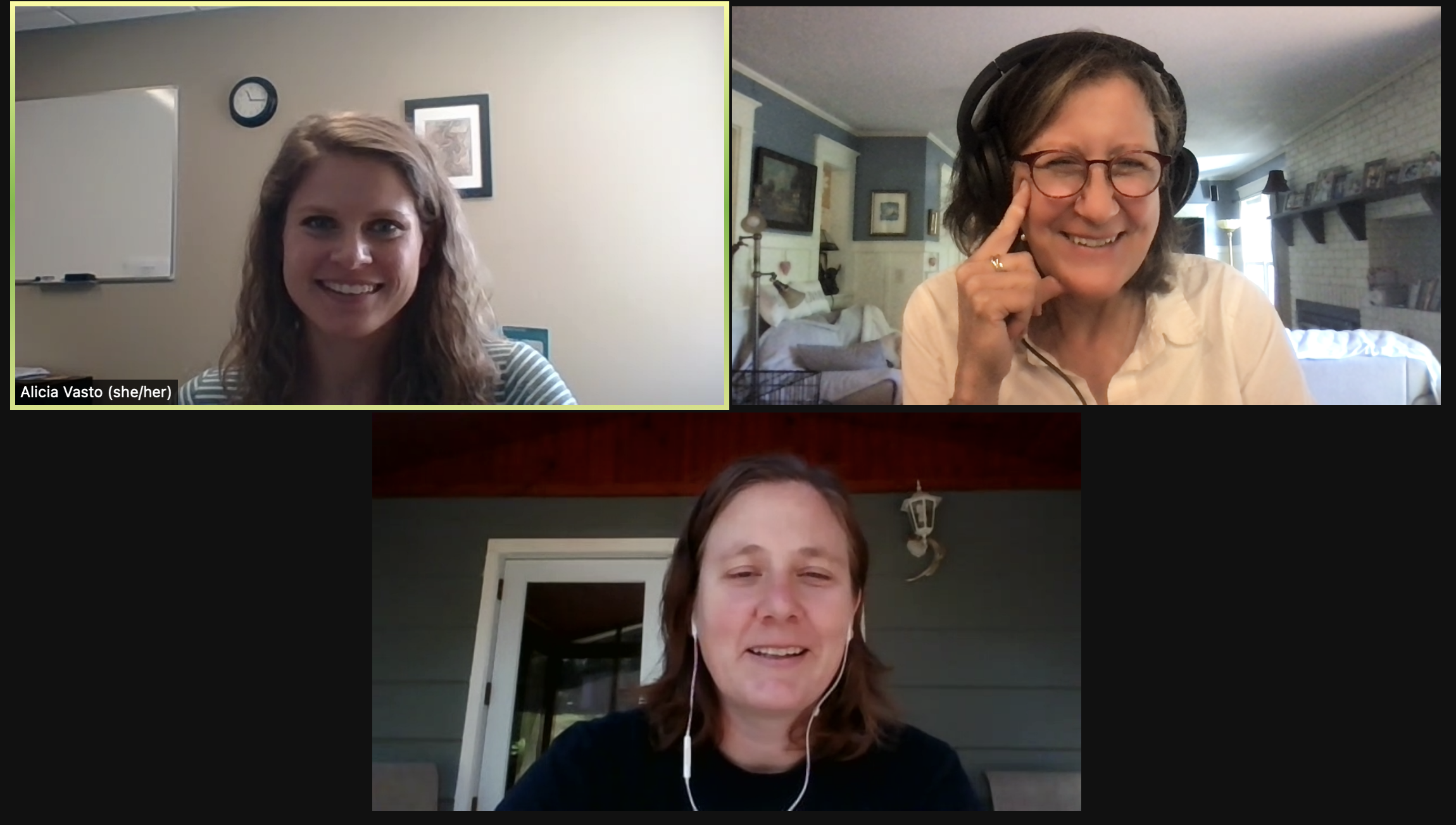This week we are launching a new series focused on water, with a look at both quality and quantity. In this four-part series, we will begin with an overview of the many essential aspects of this limited resource that we critically depend on for our everyday living.
We are excited to have the Iowa Environmental Council’s two water experts joining us today as we discuss where we are currently with regard to water quality in Iowa and the programs they have in place that are attempting to move us forward. As stated on their website, “through advocacy, education, and coalition-building, the Iowa Environmental Council works with diverse stakeholders to advance strong standards and goals for clean water and land stewardship that strengthen Iowa’s environment, economy, communities, health, and quality of life.”
According to a NRDC article published in 2018 by Melissa Denchak, Water Pollution: Everything You Need to Know, “This widespread problem of water pollution is jeopardizing our health. Unsafe water kills more people each year than war and all other forms of violence combined. Meanwhile, our drinkable water sources are finite: Less than 1 percent of the earth’s freshwater is actually accessible to us. Without action, the challenges will only increase by 2050, when global demand for freshwater is expected to be one-third greater than it is now.”
This is already happening. We’ve known for years that water quality is an issue in Iowa as well as across the country and around the world. We are also aware that water quantity—either too little or too much—is becoming increasingly problematic depending on where you happen to live. As stated in a NACWA article, Water Quantity/Water Quality Nexus, “the arid west and the southeast regions of the U.S. face unique water quality and quantity challenges. These challenges are predicted to intensify with the changing climate, increasing demands over water supplies, and a growing concern over degradation of water quality and heightened regulatory requirements.”
Our guests for the first show in this series are:
Ingrid Gronstal, Water Program Director for the Iowa Environmental Council and
Alicia Vasto, Water Program Associate Director for IEC and the co-host for this series.
Listen to today’s podcast to learn more about the challenges we face here in Iowa with regard to water quality as well as quantity. And remember that The Iowa Environmental Council is a great resource if you want to get engaged or learn more.
Key Takeaways from our discussion:
- A primary issue affecting water quality in Iowa is nutrient pollution from agricultural runoff
- IEC works with diverse stakeholders to present a vision for a multi-functional landscape that serves all Iowans. They engage citizens across the state and conduct advocacy trainings to give people tools to reach and express concerns with their policymakers
- The pandemic has presented the opportunity to do more virtual and hybrid events which allows more flexibility for participation
- The Natural Resources and Outdoor Recreation Trust Fund, also known as Iowa’s Water and Land Legacy (IWILL) has yet to be funded by the Iowa Legislature, even though the 3/8 cent sales tax increase was overwhelmingly approved by voters in 2010.
- Uncertainties in various areas (COVID, economic disruption, etc.) can be an opportunity to change entrenched systems in our state; changes that create more resilience and balance.
- Changes can take a long time but we can’t give up. There is much to do!
CALL TO ACTION – contact every legislator you know and ask them to fund IWILL!
“Thousands have lived without love,
Not one without water.”
~W. H. Auden – British poet
“Water is the driving force of all Nature”
~ Leonardo da Vinci
Thank you for listening to today’s discussion. Let’s continue the conversation and learn from each other.


